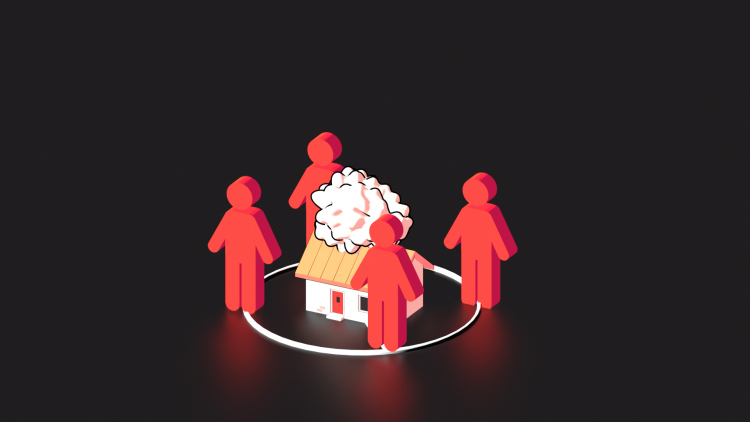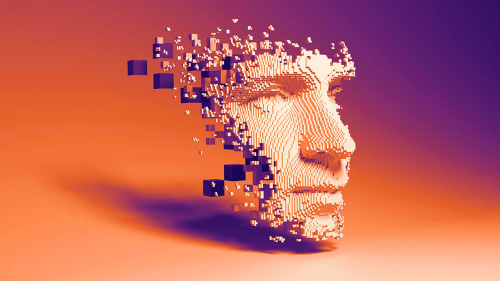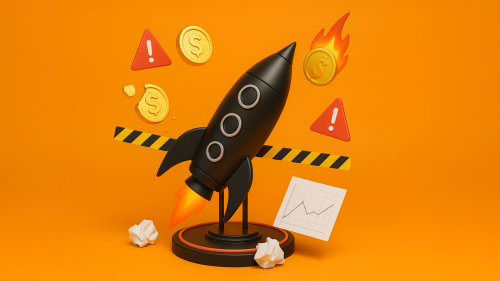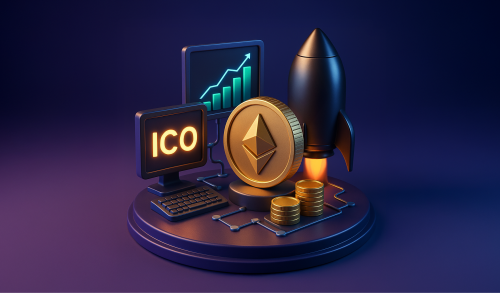Why are people shifting away from large social networks and gravitating towards smaller, niche online communities to connect?
A shift appears to be occurring as social media users move from passive spectators to empowered contributors. This move is quite evident taking into account the rise of Roblox, user-generated content (UGC), social media influencers, the fediverse, and online communities.
As stated by Laura Zug, Community Strategist of Laurazug.com: “The dichotomy between social media and distinct online communities is becoming more pronounced. People yearn for spaces that promote understanding, empathy, and genuine connections, free from algorithmic manipulation and commodified attention.”
Could this be another catalyst for disrupting the social media giants?
According to Global Information Research: “The Global Enterprise Social Networks and Online Communities Market is poised for substantial growth, expected to rise from $9.37 billion in 2024 to $26.27 billion by 2031, with a compound annual growth rate (CAGR) of 15.9%.”
How will this play out in the fragmented world of social media?
You’re about to find out.
Why do we need online communities?
Online communities serve as “democracy schools” for practicing self-governance.
It is where users can actively participate in decision-making, as opposed to using centralized platforms where more passive users exist than active participants.
Online communities provide individuals with the opportunities to share, connect, and collaborate.
The advantage of decentralized social media for communities
Decentralized social media allows individuals to create online communities centered around their unique differences, shared interests, values, and goals.
A key advantage is the control they give users over their own data. Additionally, by leveraging blockchain technology, online communities can offer enhanced security and privacy.
Finally, it also allows users to own their social graphs without intermediary oversight or control by a central authority. (A social graph is basically a model of a social network that maps relationships between individuals, groups, and organizations.)
Decentralized governance and user control
Decentralized governance in online communities increases the incentive to attract more participants, giving users control through its open, unhindered structure and freedom of expression. In turn, this can enhance the network effects, adding further growth.
Benefits of decentralized governance:
- Transparency: All information sharing and communication is recorded on the blockchain, making the process transparent and auditable.
- Inclusivity: Decentralized governance lowers the barriers and gives all participants, regardless of status or stake, a voice in decision-making.
- Resistance to centralization: Content moderation is typically guided by the community, and by distributing decision-making power between a diverse group of participants, this helps to reduce the risk of any single entity dominating the network.
- Adaptability and versatility: Decentralized governance allows online community projects to evolve quickly and respond to market changes and community feedback.
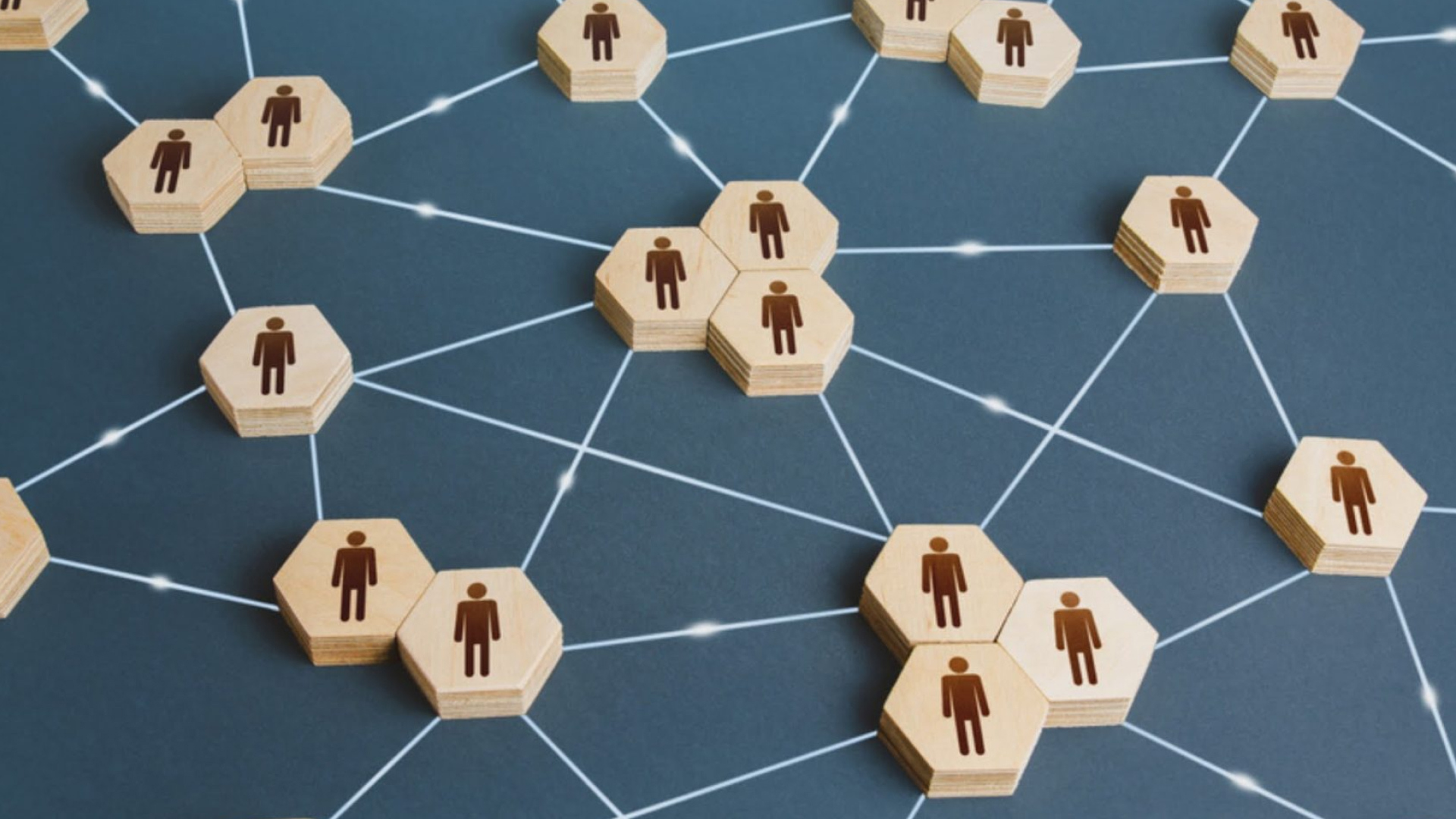
Empowering engagement
To build an active online community and encourage participants to join, remain, and return, you need to adopt the right mindset.
Empowering communities requires giving members autonomy without giving up control completely. That’s often a delicate balance. But if you have experience with communities, you know that entrusting users with more responsibility helps build stronger relationships.
The key to a thriving community is to know your audience, embrace diversity, and foster engagement with them. To enable this in a secure and sustainable fashion, you need to use technology effectively.
Here, the benefits that DeSoc can leverage come into play.
Benefits of DeSoc in online communities
Decentralized networks distribute control across multiple users. And deploying blockchain technology or peer-to-peer protocols eliminates any single point of failure or authority.
The main benefits in a nutshell:
- Enhanced privacy and security: Users can retain control of their data and how it is used. Furthermore, using blockchain technology, the data is encrypted and spread across many nodes, increasing security.
- User empowerment: Participation in governance and development creates a more democratic and user-centered environment. And a community-based approach to filtering and moderation promotes more diverse viewpoints.
- Censorship resistance: Content is stored and distributed across peer-to-peer networks. Also, DeSoc is community-driven, making censorship more difficult.
That’s not all. Decentralized autonomous organizations (DAOs) go a step further. Let’s take a look at where and how.
How do DAOs fit into the picture?
A DAO is a self-governing entity on a blockchain. DAOs operate via smart contracts without centralized control, allowing users to govern autonomously without intermediaries.
Using blockchain technology DAOs enable transparent, secure, and decentralized decision-making and resource management.
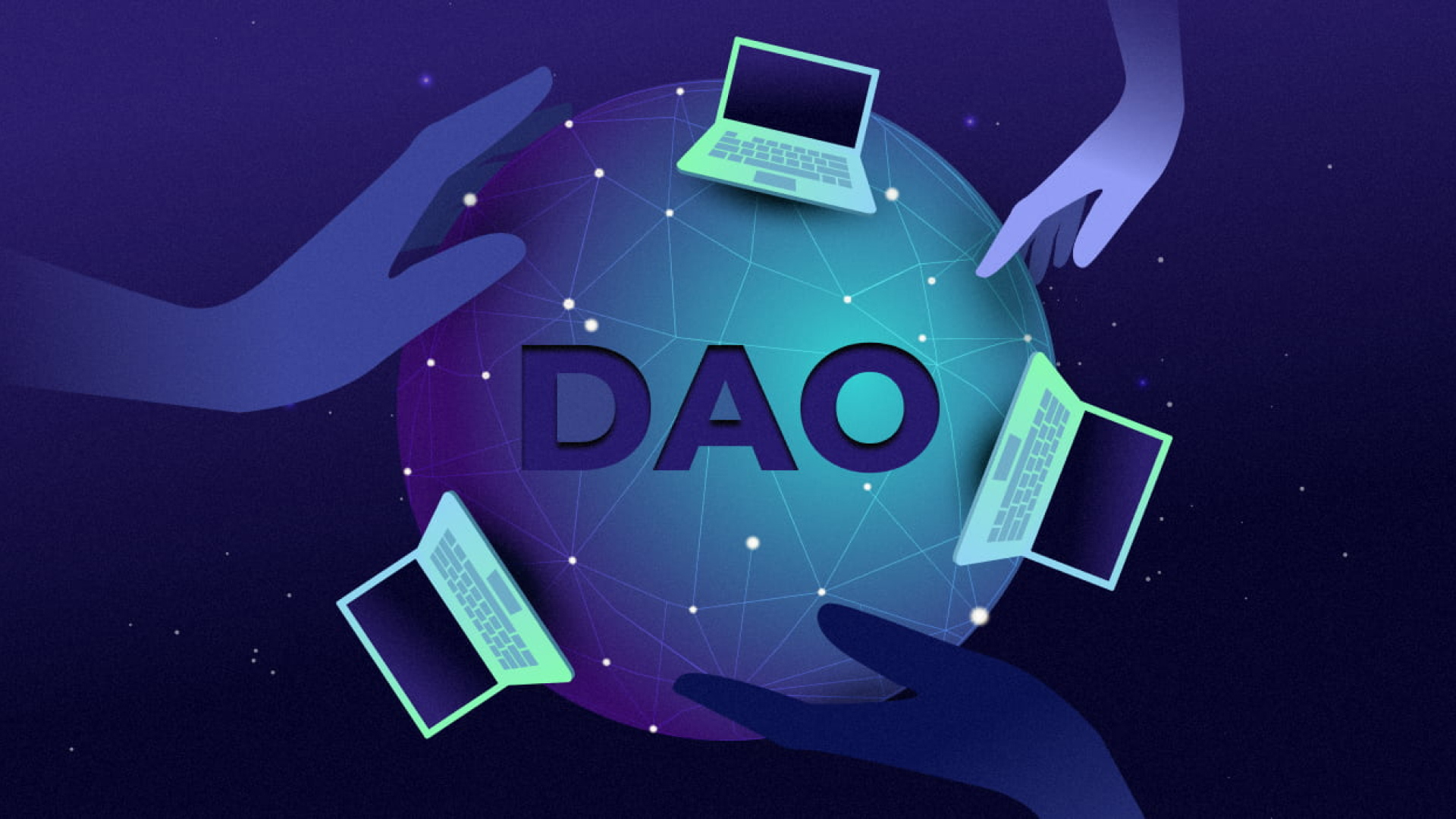
As technology and regulations evolve, DAOs are set to play a key role in the future of transforming online community collaboration, governance, and inclusive participation.
- Governance and decision-making: DAOs enable collective decision-making, allowing users to vote on proposals, allocate resources, and guide the direction of an online community.
- Content creation and curation: DAOs allow creators to monetize, govern content platforms, and reward online community contributions with decentralized tokens.
- Tokenized communities: DAOs tokenize membership and governance, enabling trading on decentralized exchanges and participating in governance through decentralized voting.

Existing DeSoc platforms that empower online communities
Here are three real-world examples:
Mastodon: Picture X (previously Twitter), not as one large city but as a collection of small towns, each with its own rules and culture. That’s Mastodon—a decentralized, open-source microblogging platform with independent servers communicating with each other.
Steemit: Steemit is similar to Medium, only powered by blockchain. Users receive cryptocurrency rewards for their posts and contributions. This encourages high-quality content.
Diaspora: You could liken this to a decentralized Facebook. It is a network of individually operated servers (pods). On Diaspora, users can choose or create their own pod, giving them greater control over their data and interactions.
Social media and community management
Defining a content strategy, relying on one-way communication, and building meaningful interactions are no longer enough.
In short, online community management goes beyond posts and likes—it’s about building relationships, encouraging engagement, and giving people a platform.
This is why a holistic approach— integrating social media management, community management, and community-based marketing is critical for success.
Staying ahead of the game
Censorship, content manipulation, centralized control, and erosion of privacy are the fabric of Web2 social media networks. These restrictions suppress innovation and growth by limiting the potential of the creator economy, as most creators struggle with the resources to expand their reach and scale effectively.
However, Web3 structured decentralized social media platforms are still relatively new but are beginning to address this imbalance in the digital economy.
In this fast-moving environment, technological advancements and a focus on member well-being will drive the future of online communities.
When users are more involved in their community, receive rewards for their contributions, and gain greater control over their interactions, their long-term commitment increases.
Online platforms focusing more on specific ecosystems or existing communities that can organically integrate decentralized technologies will likely prosper in this space.
As technology and Web3 creators evolve, online community management models must adapt, utilizing the tools and strategies that provide the best support. Having the ability to integrate decentralized Web3 functionalities that possess open and modular infrastructures has a favorable advantage.
Social and community managers, strategists, and platform developers will need to embrace these trends, as success will depend on adaptability and a strong understanding of user needs and preferences.
Progress in the Track to learn how creators themselves can make a real income using DeSoc platforms. Monetization of posts and engagement looks very different on DeSoc, building a compelling case for interested investors. Hit that arrow below.
